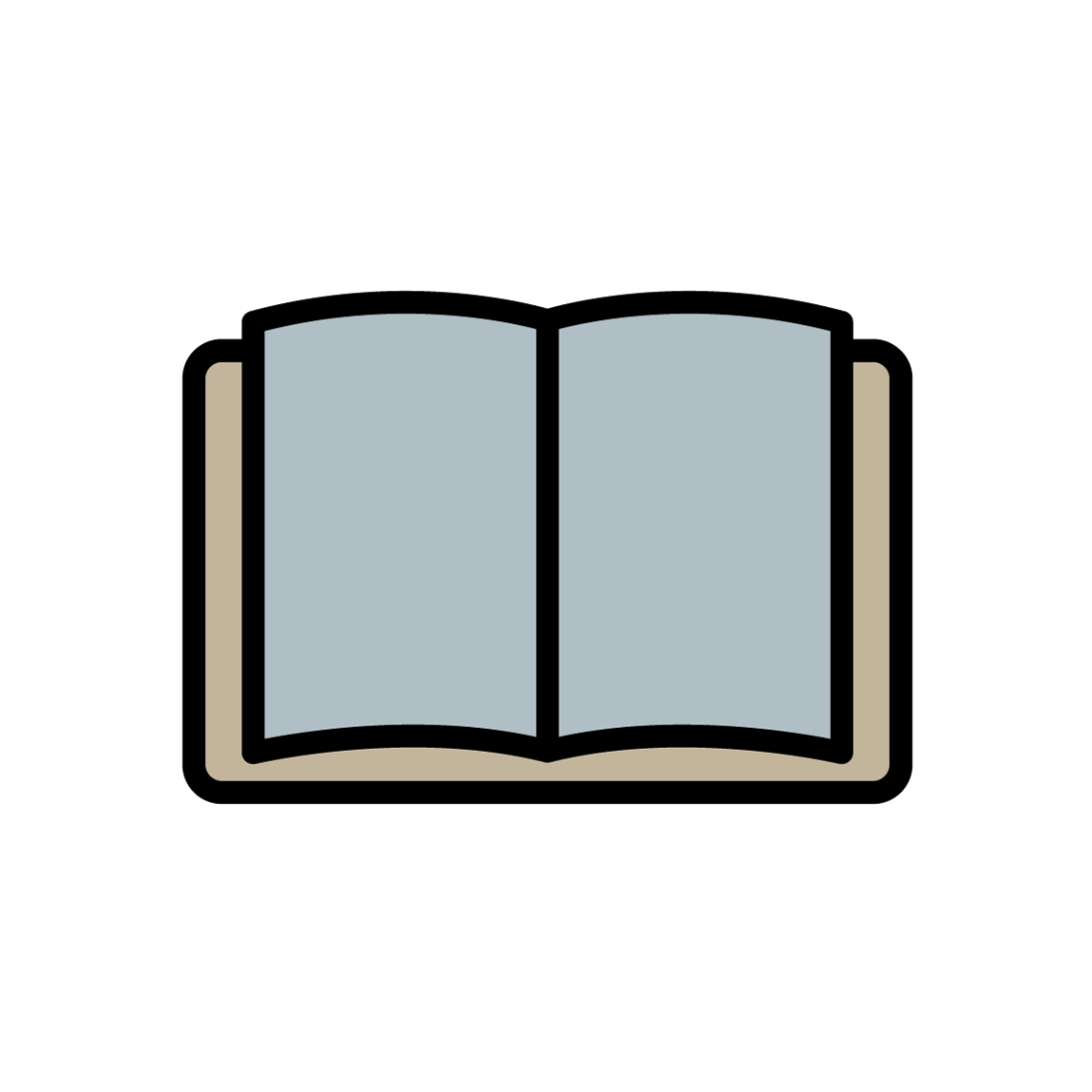Constituent Assembly :-
The Constituent Assembly constituted numerous committees to carry out diverse responsibilities associated with the making of the constitution. Out of those eight had been massive committees and others had been small. The names of those committees and their chairpersons are as follows:
- Union Power Committee - Jawaharlal Nehru
- Federal Constitution Committee - Jawaharlal Nehru
- Provincial Constitution Committee - Sardar Patel
- Drafting Committee- Dr. B. R. Ambedkar
- Advisory Committee (Consultative Committee) for fundamental rights, minorities and tribes and excluded areas - Sardar Patel. This committee had the following five sub-committees:
6. Rules of Procedure Committee - Dr. Rajendra Prasad
- Sub-Committee on Fundamental Rights- J. B. Kriplani
- Minorities Sub-Committee - H.C. Mukherjee
- Sub-Committee Gopinath Bodoloi for the North-East Frontier Tribal Areas excluding Assam and partially excluded areas.
- Abandoned and partially abandoned areas (Assam(other than irrigated areas) sub-committee for-AV Thakkar.
- North-West Frontier Tribal Area Sub-Committee Rules of Procedure Committee - Dr. Rajendra Prasad
7. Committee for States (negotiating with states) Jawaharlal Nehru
8. Steering Committee - Dr. Rajendra Prasad.
Drafting Committee : -
The maximum essential of all of the committees of the Constituent Assembly changed into the Drafting Committee. It changed into shaped on August 29, 1947. It changed into this committee that changed into entrusted with the duty of drafting the brand new constitution. It had seven members, whose names are as follows:
- Dr. B.R. Ambedkar (Chairman)
- N. Gopalaswami Iyengar
- Alladi Krishnaswami Iyer
- Dr. K.K. M. Munshi
- Syed Mohammad Sadullah
- T.T. Krishnamachari (he replaced D.P. Khaitan after his death in 1948)
- N. Madhav Rao (replaced B.L. Mitra, who had resigned due to health reasons).
Committee organized the primary draft of the Constitution of India after thinking about the proposals of diverse committees. It changed into posted in February 1948. The human beings of India have been given eight months to talk about the draft and advocate amendments. In view of the complaints, criticisms and tips of the human beings, the Drafting Committee organized the second one draft, which changed into posted in October 1948.Ambedkar supplied the very last draft of the charter withinside the meeting on four November 1948. This time the charter became examine for the primary time. There became a widespread dialogue in this in serious about 5 days (until November 9, 1948).The attention of the charter for the second one time began out from 15 November 1948.Happened. In this, the charter became taken into consideration section-wise.
Lasted until 17 November, 1949. At least 7653 amendments on this period Proposals came, out of which simplest 2473 had been without a doubt mentioned withinside the House. For the 1/3 time, the attention of the charter began out from 14 November 1949.
Ambedkar moved the motion 'The Constitution as settled with the aid of using the Assembly to be exceeded'. This decision offered at the draft charter changed into declared exceeded on November 26, 1949. And the signatures of the chairman and individuals had been taken on this. Out of a complete of 299 individuals withinside the assembly, simplest 284 individuals had been gift that day, who signed the charter. The Preamble to the Constitution mentions November 26, 1949 because the day on which the humans of India withinside the Assembly followed, carried out and entrusted the Constitution to themselves.
The Constitution, followed on November 26, 1949, had a Preamble, 395 Articles and eight Schedules. The preamble changed into carried out after the complete charter changed into enacted.
New Law Minister Dr.B. R. Ambedkar stored the draft charter withinside the assembly. He took an lively element withinside the sports of the Sabha. He changed into recognized for his rational and powerful arguments. He is identified because the 'Father of the Constitution of India'. This excellent writer, constitutional expert, undisputed chief of Scheduled Castes and leader architect of the Constitution of India is likewise given the call of Modern Manu.


.png)






thank you for your feedback